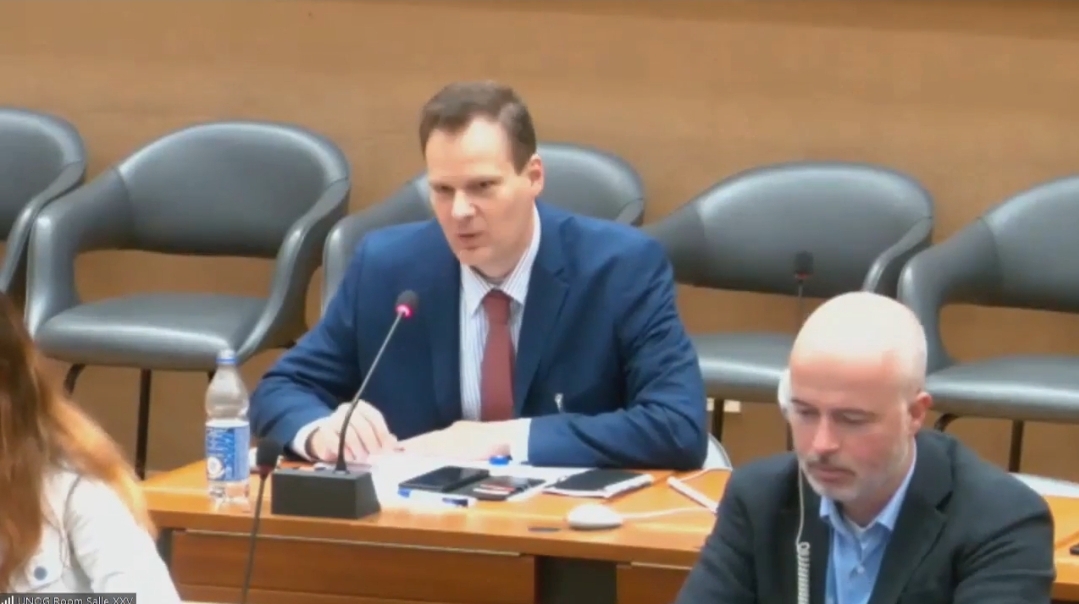At the 1-2 September 2022 conference: Human Rights Council, Europe and Central Asia seminar. The contribution of development to the enjoyment of all human rights, at the panel: The essential role of international cooperation for sustainable development in promoting and protecting human rights, including in the context of the COVID-19 pandemic, Mr. Zandberg contributed to the discussion by pointing out the role sport can play.
The lockdowns to halt the spread of COVID in 2020 and 21 brought isolation to people all over the world. We were somehow united in our isolation. However, people are inherently social. Lack of social interaction creates anxiety, fear and distrust. Basically, people go nuts. The norms become abnormal and abuse gains traction. Human rights come under threat.
A solution to this backsliding is in my opinion investing in sport. Sport improves individual health and well-being, energizes people and links them to the larger society. Furthermore, it links communities in a fair and sustainable competition where everyone can be a winner.
Sport organisations play a major role in creating an open, inclusive, free and fair society. For example, I have been working for years with football associations of underrepresented nations and minorities and have seen the impact it can have on the cohesion and pride of the community when a team representing them steps on the field.
Sport can contribute to many of the Sustainable Development Goals like:
- SDG 3 healthy lives, by promoting physical activity.
- SDG 4 quality education, by integrating experiential learning with sport activities.
- SDG 5 equality for women, by enabling women and girls to take part in sport.
- SDG 8 promote sustainable growth and SDG 16 promote peaceful societies, by investing in tournaments and competitions.
- SDG 11 inclusive cities, by organising urban spaces to facilitate sports.
Sport brings peace to the hearts and minds of people, connects them to each other and creates a culture which brings out the best of humanity.



